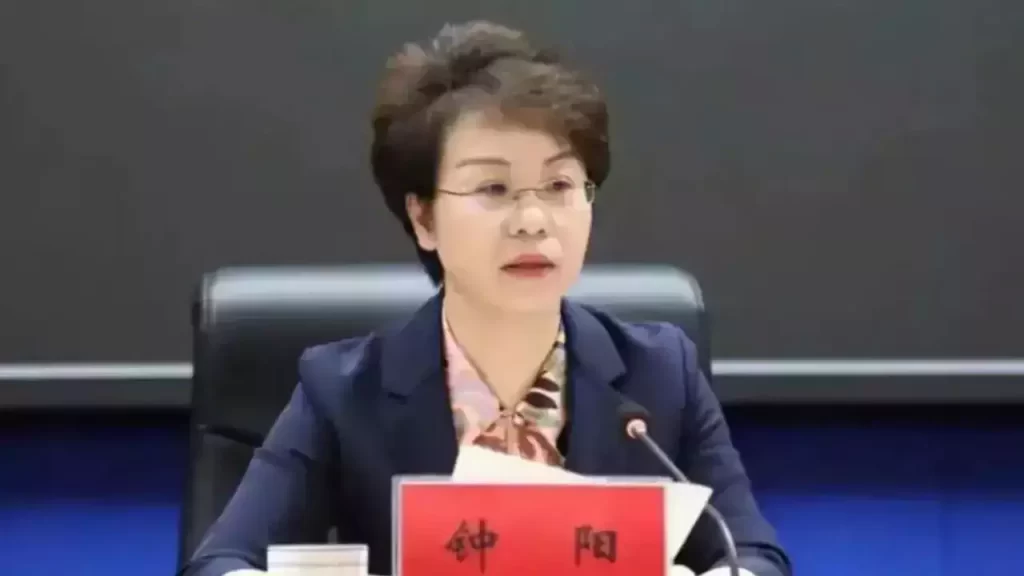China’s former “beautiful governor,” known for her striking looks and controversial affairs, has recently been arrested, igniting widespread media attention. Renowned for her charm and charisma, she served as the governor of a significant province, where her governance style and relationships garnered both admiration and criticism.

Source:- bbc news
Allegations of multiple affairs with subordinates have plagued her career, raising questions about ethics and integrity in government positions. Reports suggest that her romantic entanglements influenced hiring practices and decision-making, leading to accusations of favoritism and abuse of power. The scandal drew comparisons to other high-profile cases in Chinese politics, where personal misconduct has often intertwined with broader issues of corruption.
Source:- news 18
Her arrest comes amid a larger anti-corruption campaign initiated by the Chinese government, aimed at rooting out unethical practices among officials. Authorities have indicated that investigations are ongoing, focusing on potential misuse of funds and power. This development highlights a significant cultural shift in China’s approach to governance, as the Communist Party seeks to restore public trust and uphold its image.
Public reaction to her arrest has been mixed. While some view it as a necessary step towards accountability, others express concern about the implications for women’s representation in politics, especially given her previous popularity. Critics argue that her case reflects deeper societal issues regarding gender dynamics and the treatment of women in leadership roles.
As the investigation unfolds, it serves as a reminder of the precarious balance between personal conduct and professional responsibility in the political arena. The outcome will likely have lasting effects on perceptions of governance and ethics in China, particularly in how officials navigate their roles amidst personal scandals.
Share your views in the comments

